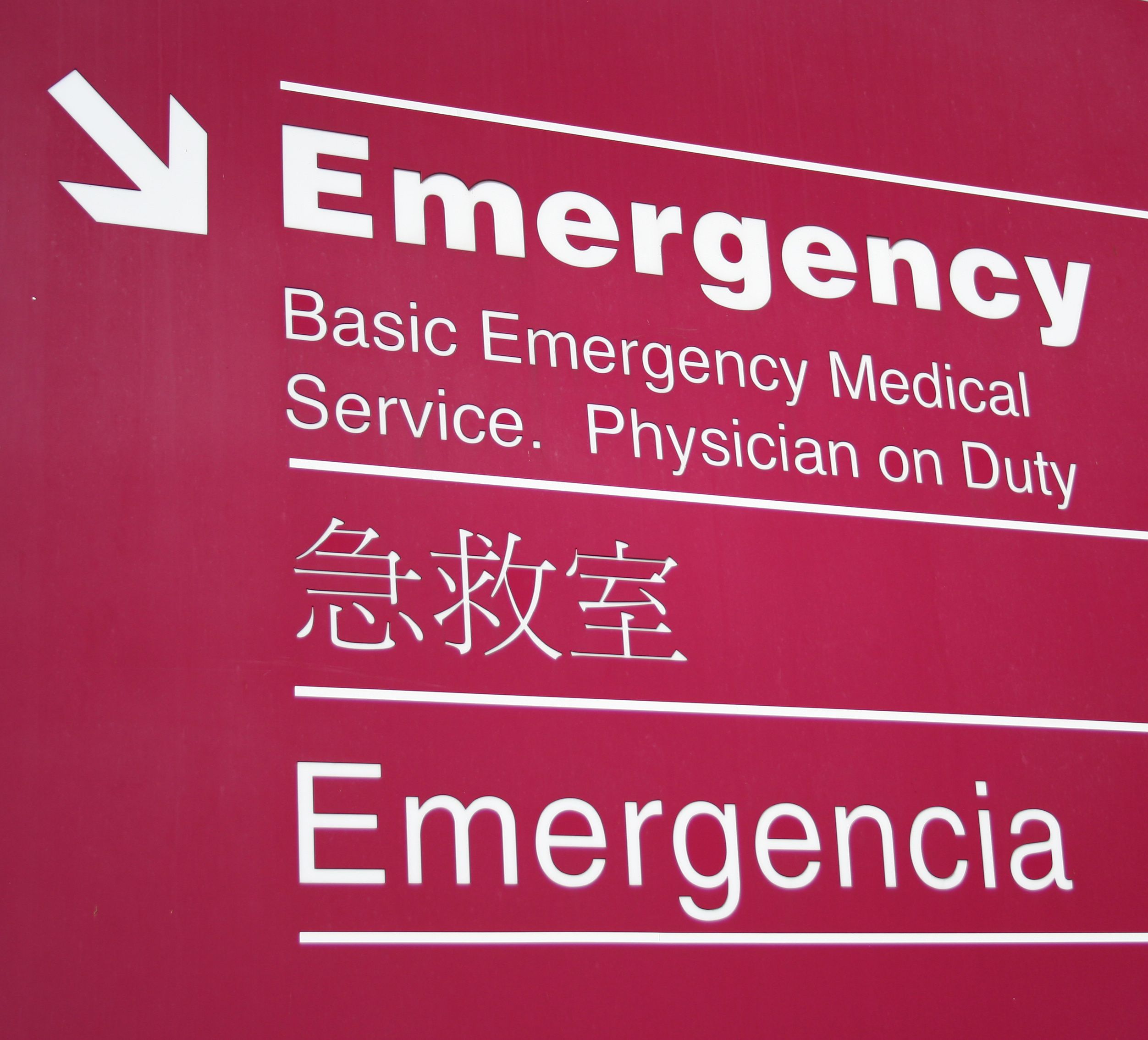Hospital Patients Who Don't Speak English Had Worse COVID-19 Disease Outcomes
COVID-19 patients who do not speak English faced worse hospital outcomes during the first wave of the pandemic.

Minority populations are disproportionately affected by COVID-19 infections, with Black, Hispanic/Latino, Asian, and other non-White persons more likely to be hospitalized than White individuals. However, once hospitalized and receiving care, do these disparities improve?
One study, published in the Journal of Racial and Ethnic Health Disparities, examined sociodemographic differences in COVID-19 hospitalizations and clinical outcomes. The retrospective cohort study included primary care patients hospitalized with COVID-19 within the Mass General Brigham health system. The investigators examined 2 waves of COVID-19 infection, broken into 6-month periods from March 1, 2020-March 1, 2021.
The purpose for comparing sociodemographic hospital outcome disparities between 2 waves was to see whether these disparities improved after they were brought to public attention after the first wave. Many communities implemented mitigation strategies to address COVID-19 disparities, so the investigators wanted to determine the efficacy of measures intended to improved health equity.
The investigators used chi-square tests to compare patient demographics of the first and second COVID-19 waves. With regression analysis, they examined whether race/ethnicity and language were correlated with in-hospital severe outcomes. The primary goals of the study were to assess (1.) whether sociodemographic characteristics of patients hospitalized with COVID-19 significantly changed from wave 1 to wave 2, and whether previously noted disparities improved, and (2.) whether any observed association between sociodemographic characteristics, like race, ethnicity, and language, and adverse COVID-19 hospital outcomes changed between wave 1 and wave 2.
In the first wave, of 5844 COVID-19 patients, Hispanic/Latino patients comprised 30.9% of hospital admissions, Black patients were 12.5%, and non-English-speaking patients were 29.7%. In wave 2, there were 4007 COVID-19 patients admitted, 22.2% of whom were Hispanic/Latino, 9.0% were Black, and 22.7% did not speak English. As a comparison ,the investigators included pre-pandemic 2019 hospital admissions sociodemographic data; general patients admitted were 8.8% Hispanic/Latino, 6.3% Black, and 7.7% non-English-speaking.
“This is one of the first studies to demonstrate a direct relationship between language status and health outcomes during COVID-19 hospitalizations,” said lead author Priscilla Wang, MD, a general internist at Massachusetts General Hospital and population health specialist. “We hope these findings can serve as a cautionary reminder to hospitals everywhere to proactively address the communication needs of patients with limited English proficiency prior to future surges of the virus.”
The investigators concluded that the sociodemographic disparities observed became less significant during the second COVID-19 wave, but still persisted for at least another year. During the first wave, non-English speakers were far more likely to experience severe illness. “Non-English-speaking language status independently predicted worse hospitalization outcomes in wave 1,” the investigators concluded, “underscoring the importance of targeted and effective in-hospital supports for non-English speakers.”
It is worth noting that the association between non-English speakers and higher odds of severe illness became non-significant during wave 2 (September 1, 2020-March 1, 2021). “Fortunately, language-based inequities are correctable and improvements are starting to take place through, for example, greater messaging and materials in different languages provided within hospital and community settings,” Wang said. “Serious inequities still remain, making it more important than ever for health systems to make continued investments in programs and policies that support patients with limited English proficiency.”
Newsletter
Stay ahead of emerging infectious disease threats with expert insights and breaking research. Subscribe now to get updates delivered straight to your inbox.
